Against all Odds: Life Should Not Be Death on an Installment Plan
Some of our readers might remember that, about six months ago, I took a bit more than two months of forced hiatus. On February 21, I had a massive heart attack following an aorta dissection. It happened around midnight, while I was working on a piece for News Junkie Post. The pain was unreal. It felt like my chest was going to explode while a dagger was stabbing me relentlessly in the back. I started spitting blood and knew that something was drastically wrong. I called 911. While I waitedfor an ambulance to show up, I picked up what I knew was going to be, one way or another, my last cigarette. When the medics showed up, I was still puffing on my last smoke while coughing blood, and I asked them to let me finish my cigarette, almost as if I was expressing the last wish of a prisoner on death row, right before the execution.
At the first hospital I went to, the emergency team was slow at making a diagnostic solely based on the electrocardiogram (ECG). It was only when they finally did a cat scan that they realized how serious my condition was. Unfortunately, I had to be moved to another hospital because the first hospital I was taken to did not have a cardiovascular surgeon able to handle such a difficult surgical procedure. Precious hours were wasted in the process, while my most vital organs such as brain, kidneys, lungs and liver were not receiving a proper amount of blood. My first surgery lasted six hours, in which, I was split opened like a chicken between my solar plexus and the very top of my sternum. I was in a coma for a few days while the medical team expressed to my family and closest friends that the chances I had to make it alive were small — about nine percent — and that I would likely have some organ damage including likely neurological and brain damage. So, here I was between life and death, in this zone of limbo, feeling no pain, but not seeing any strange lights or powerful “force” calling me to the “other side”.
Instead what I saw, almost as if it was projected into my brain, was all my life in the visual form of flip-books. The million images offered to me did not follow any sort of chronological order, and most of the visual memories were buried so deep into my unconscious that I thought they were mostly forever forgotten. Some of the flip-books were as small as postage stamps, others were huge coffee-table size. Looking at my life unfold like this made me realize the incredible power of the human brain in what appeared to be perfect everlasting memory. I still wonder if I did all this to stay alive or if my brain wanted to give me a last show before pulling down the final curtain of life. Against all odds, I made it out of the coma. For several days, I thought I was brain dead. I couldn’t come up with any words, either in English or in French, as if all languages were gone. I had become mute. When I tried to find words, I kept seeing an outdoor clothing line with little colorful handkerchiefs floating in the summer wind. I was convinced that each little piece of fabric represented individual words, and that if I could decrypt them I would be able to speak again.
Eventually I did, and then I started to feel the horrendous pain. Life is, among other things, pain. The tubes and needles invading my body, the constant probing of my shattered veins by medical personnel who seemed to show up before sunrise or after nightfall in such a way that I started calling them vampires. Until May, I had the impression that the surgeon who saved my life and his team had pushed my organs in a hurry to access my heart and replace more than 12 inches of my aorta with a vein. For two months it certainly felt — and it was a lot more than a figurative “gut feeling” — that everything in my chest and abdomen was struggling to find its right place again. If my heart and aorta literally exploded in late February, the destructive process really started by a romantic heartbreak. Surviving the type of ordeal I went through often changes people’s perspective on life. Once you understand that life is so precarious, you are likely to go to the essential and start to enjoy it, without any fear, as if there is no tomorrow. The consciousness of life’s precariousness makes it all more precious. Some people live like they are dying a little one day at a time. But if you have stared at death in the eyes and conquered your fear, it is unlikely that you will live life like it is death on an installment plan.
Related Articles


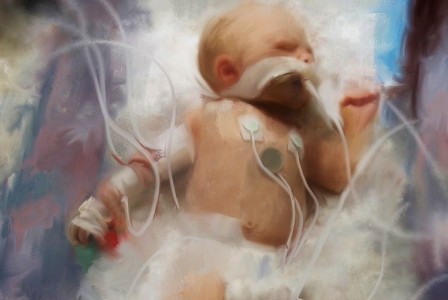
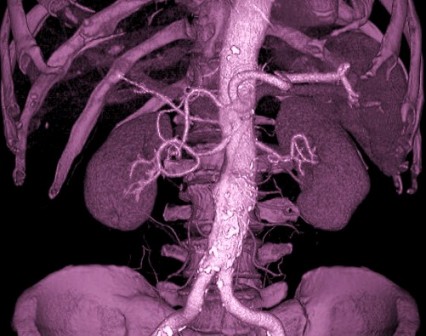
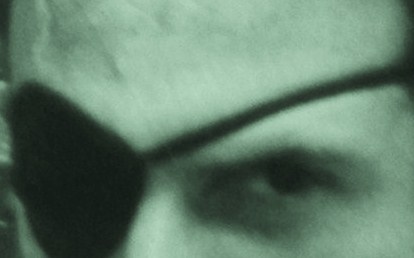
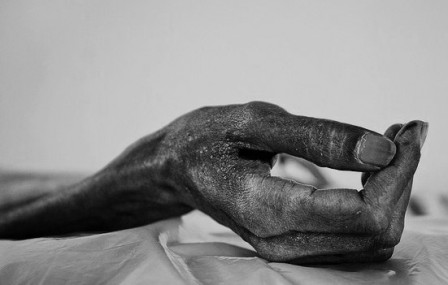
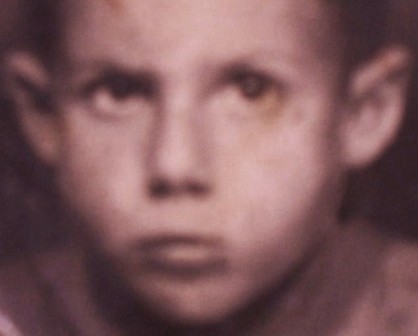











6 Responses to Against all Odds: Life Should Not Be Death on an Installment Plan
You must be logged in to post a comment Login